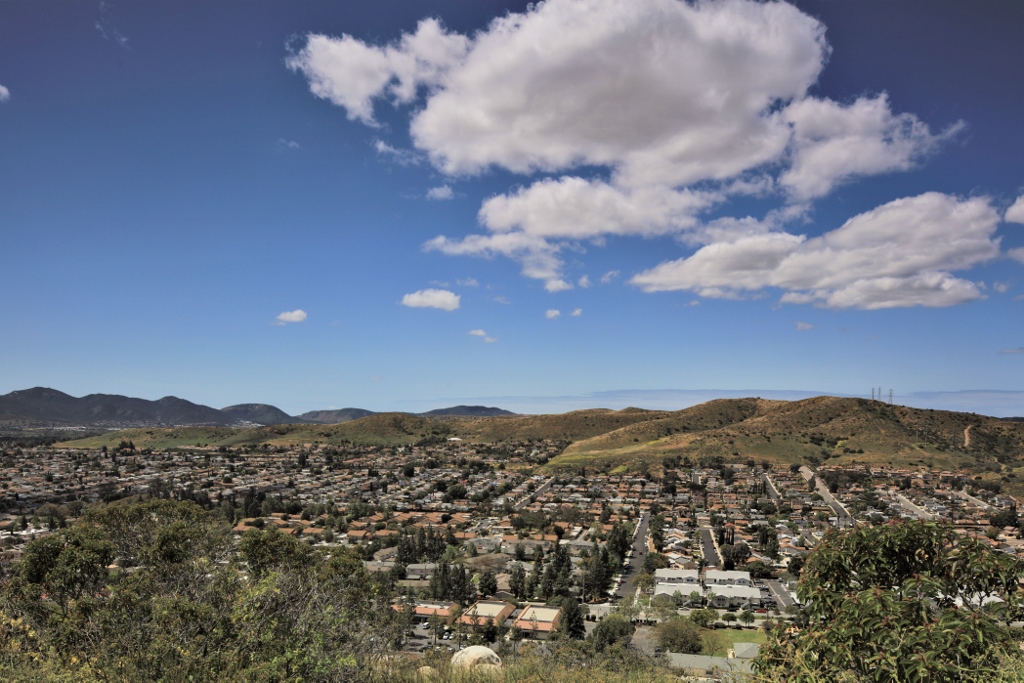Blogs
5 Reasons to Schedule a Heater Tune-Up in San Diego Before Winter Hits
Even though San Diego winters are milder than most, your heating system still plays a critical role in keeping your home comfortable when temperatures drop. And like any major appliance, your heater needs proper care to perform at its best. At Pacific Heating & Air Conditioning, we recommend scheduling a heater tune-up in San Diego before the cold weather arrives
Tune Up Your Comfort: Expert HVAC Maintenance for California Homes
HVAC maintenance services are essential for keeping your home comfortable year-round while avoiding costly emergency repairs. Here’s what you need to know about scheduling professional maintenance: When to Schedule : What’s Included: Benefit: In California’s climate of hot summers and cold winters, your HVAC system works hard. Regular maintenance is the key difference between a system lasting 10 years versus 20-plus
AC Repairs vs Replacement
Understanding when to repair or replace your air conditioning unit can be daunting. As your system ages, its efficiency can decline, leading to increased energy bills and frequent repairs. We often come across residential and commercial clients facing difficulties in determining the most cost-effective option between continuing repairs or opting for a new installation. Our objective at Pacific Heating and Air Conditioning

Understanding The Benefits of Ductless AC Systems for Residential and Commercial Spaces
Energy Efficiency One of the most significant benefits of ductless AC systems is their energy efficiency. These systems consume less energy than conventional air conditioning units due to several factors. First and foremost, ductless systems are designed to deliver cool air directly to individual rooms or zones, reducing energy loss associated with duct leaks Additionally, the zoned cooling capabilities of ductless AC units allow for tailored

What is an AC Tune Up: How It Works and Why It Matters
Let’s face it—your air conditioner isn’t exactly something you think about until it stops working in the middle of a heatwave. Suddenly, you’re fanning yourself with a pizza box, melting into the couch, and wondering why you didn’t do that tune-up thing your neighbor mentioned.
Common AC Problems and Solutions – Expert AC Repair Service
Common AC Problems and Solutions – Expert AC Repair Service
Is your air conditioner acting up? Is it not cooling your home like it used to? Don’t worry, you’re not alone. Many people face AC problems during the hot summer months.
Your air conditioner is like a friend on a hot day. It keeps you cool and comfortable. But
